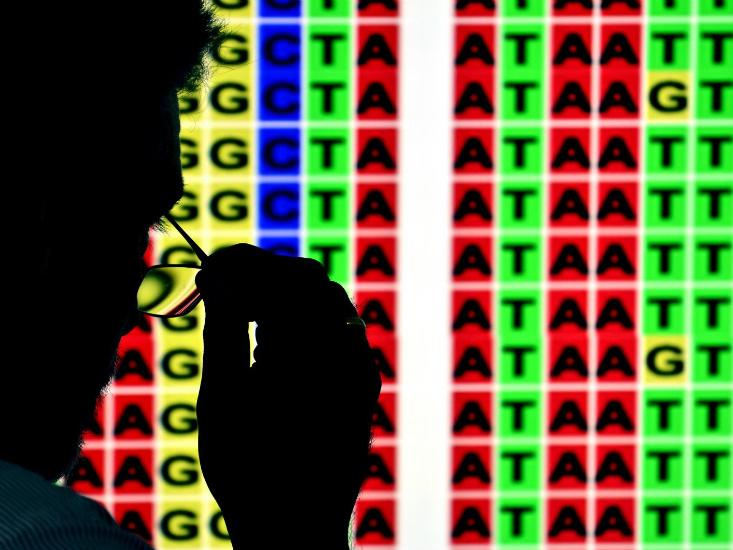Posted By Regan Penaluna — Nautilus
When we talk about genes, we often use expressions inherited from a few influential geneticists and evolutionary biologists, including Francis Crick, James Watson, and Richard Dawkins. These expressions depict DNA as a kind of code telling bodies how to form. We speak about genes similarly to how we speak about language, as symbolic and imbued with meaning. There is “gene-editing,” and there are “translation tables” for decoding sequences of nucleic acid. When DNA replicates, it is said to “transcribe” itself. We speak about a message—such as, build a tiger! or construct a female!—being communicated between microscopic materials. But this view of DNA has come with a price, argue some thinkers. It is philosophically misguided, they say, and has even led to scientific blunders. Scratch the surface of this idea, and below you’ll find a key contradiction.
Since the earliest days of molecular biology, scientists describe genetic material to be unlike all other biological material, because it supposedly carries something that more workaday molecules don’t: information. In a 1958 paper, Crick presented his ideas on the importance of proteins for inheritance, and said that they were composed of energy, matter, and information. Watson called DNA the “repository” of information.
Read more
